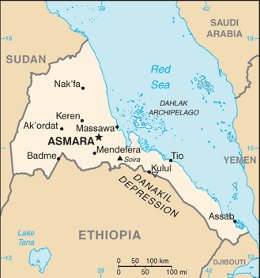The United States is not the only country whose supreme court is the exclusive subject of a blog. Here’s a rundown of a few blogs about other countries’ high courts:
- Australia’s Opinions on High just went live on July 31. Described in the press release as the “first comprehensive Australian academic legal blog dedicated to the proceedings of Australia’s High Court,” the blog is based at Melbourne Law School. Follow the blog on Twitter: @opinionsonhigh.
- Canada has The Court, “a site where scholars, practitioners and other interested citizens can discuss the recent work of the Supreme Court of Canada” (http://www.thecourt.ca/about-us/). Osgoode Hall Law School students edit the blog.
- New Zealand Supreme Court Blog was launched in 2011 by New Zealand law students to cover the Supreme Court of New Zealand; its current editors are Sam Bookman (University of Auckland) and Asher Emanuel (Victoria University Wellington). Students, practitioners, and academics all contribute to NZSC Blog, which can be followed @nzscblog.
- South Africa’s Constitutional Court (its highest court on constitutional matters) is covered by ConCourtBlog.com. South African lawyers and legal researchers are the editors and contributors. The blog includes statistics and justice profiles.
- United Kingdom solicitors and barristers maintain UKSC Blog. It covers the UK Supreme Court from a variety of angles, with case comments and previews, news stories, and feature stories.








